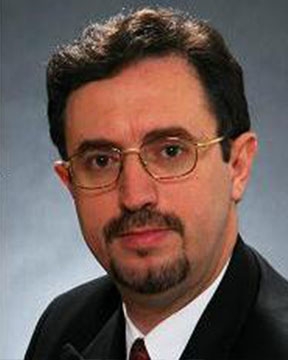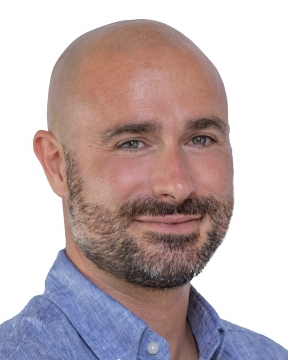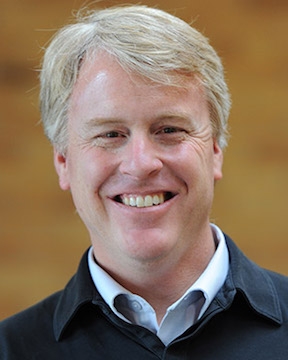SYMPOSIUM TOPICS
Geochemistry applies chemical principles to the understanding of the Earth, the solar system and beyond. The ultimate goal of geochemistry is an in-depth understanding and identification of the various mechanisms and chemical principles that control chemical reactions in nature. to provide a unified understanding of current, past, and future processes involving rocks, melts, fluids, and gases in natural systems.
Geochemistry is essential for understanding the origin of life, climate change, and environmental processes. It is also needed for understanding how we utilize the Earth's resources, such as metals and petroleum. It examines the distribution of chemical elements in rocks and minerals within the Earth, as well as the movement of these elements into our soil, water and living systems. Through understanding these geochemical processes, we are able to make informed decisions on important applications such as using the chemical composition of rocks to inform oil companies where to drill for oil or allowing mining companies to more accurately find and extract natural resources with minimal environmental impact. Thus there is no sharp boundary between geochemistry and economic geology. Because geochemistry is chemistry and rocks are materials, there is no sharp boundary between geochemistry and materials science., solid state chemistry and condensed matter physics. Exploration of the solar system and the discovery of thousands of exoplanets broadens geochemistry to examine a much wider range of conditions in terms of temperature, pressure, and composition.
SPECIFIC TOPICS
- Geochemistry of Materials
- Contributions to cultural heritage and geoarchaeology
- Nature-inspired and technological materials
- Novel materials under extreme conditions
The important role that Museums play in preserving materials is included.
ADDITIONAL TOPICS
- Applications of thermodynamics and structural chemistry to understanding formation, stability, transformation, and properties of crystalline, amorphous, and nanostructured inorganic and hybrid solids
- Ceramics
- Functional materials and minerals
- Aerodynamics
- Coastal geosciences
Applications to terrestrial geochemistry, planetary science, fundamental solid state science, and materials science and engineering are welcome.






